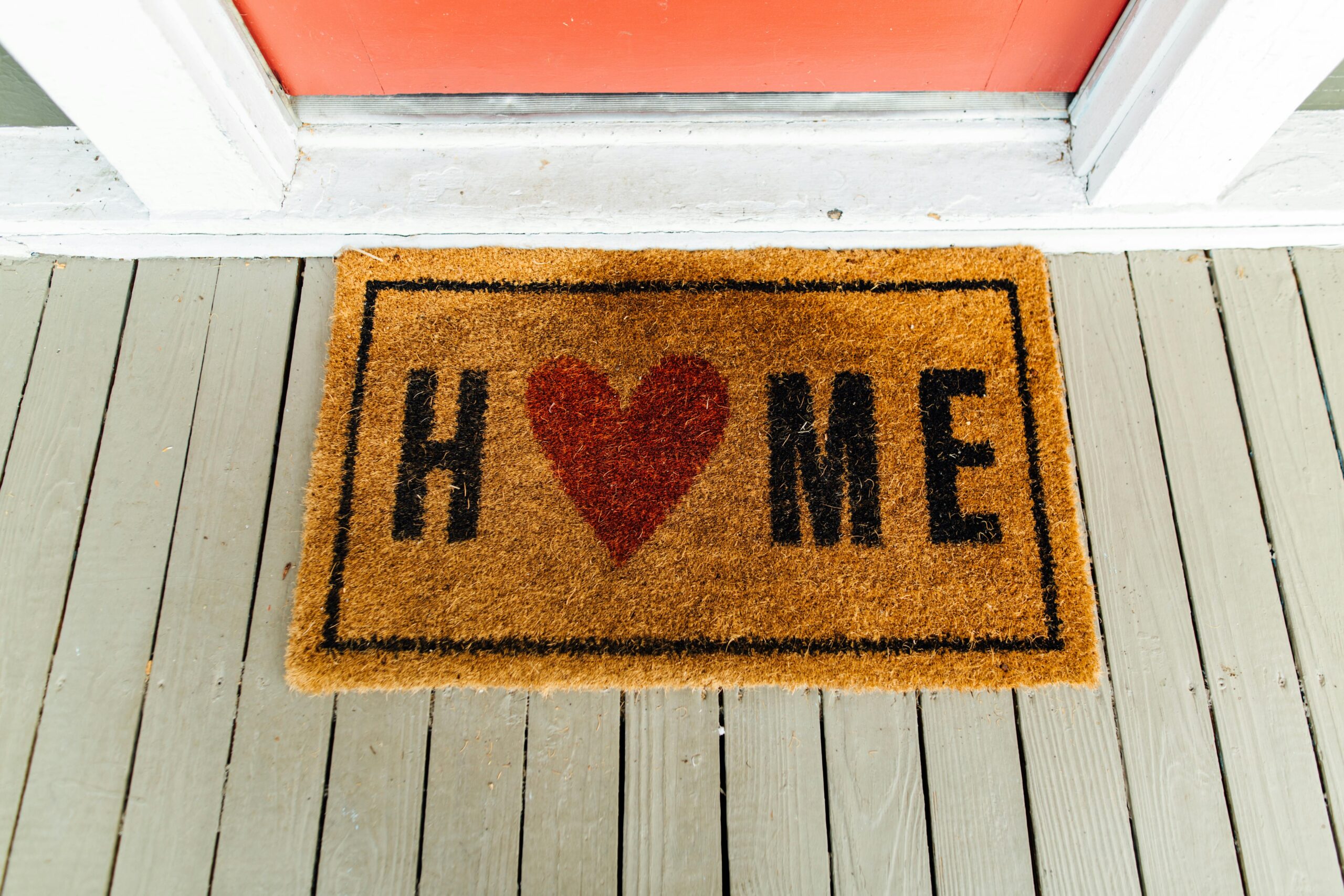Late Diagnosis, Grief, and a Different Kind of Self-Acceptance
By Michelle Labine May 7, 2025
A late autism diagnosis—or coming to self-identify through lived experience—can feel like a quiet homecoming.
It doesn’t change who we are. It names who we’ve always been.
Suddenly, the scattered, misunderstood pieces of your life begin to settle into something that finally makes sense. The exhaustion after social interactions. The overwhelm in noisy spaces. The deep emotional sensitivity, the pull toward truth, the craving for structure, the intensity of passion for specific interests. The confusion in relationships. The constant feeling of being “too much” and still not quite enough.
Now there’s context. A framework. Language.
And there’s something profoundly tender about that moment—when you realize you weren’t imagining it. That the way you’ve experienced the world has always been valid, even if it was never reflected back to you in a way that made sense. There’s a breath. A softening. A sense of, “Oh. This is who I am.”
That recognition can bring incredible relief. But often, just underneath it, there’s also something else.
Grief.
The Grief of Not Knowing
What follows that moment of clarity can be unexpectedly painful. A grief that runs deep.
Grief for the years spent not understanding yourself.
Grief for the misdiagnoses, the misunderstandings, the moments you were punished or pathologized for just being yourself.
Grief for the energy you spent trying to fit in, trying to be “easy” or “normal,” trying not to take up too much space.
Grief for the support you didn’t know you needed—or didn’t believe you deserved.
Grief for the parts of you that were quieted, hidden, or exiled to survive.
This grief is real. And it deserves to be honoured.
So often, we try to override it. We tell ourselves to just be grateful to finally know. We minimize the ache. But gratitude and grief can coexist. We can be relieved and heartbroken. We can feel liberated and angry at what we lost along the way.
And that’s okay.
Because naming who we are doesn’t undo the pain of all the years we weren’t known—not by others, and often not by ourselves.
Reclaiming Ourselves
For me—and for so many I’ve walked alongside—this unfolding brings with it a different kind of self-acceptance. One that’s not about arriving at some perfect version of ourselves, but about allowing who we already are to be enough.
Not fixed. Not “improved.” Just… allowed.
It’s not instant. And it’s not always peaceful. But it’s honest.
It begins in small moments. When we pause instead of pushing through. When we recognize overstimulation before it becomes shutdown. When we honour our preferences instead of forcing ourselves into someone else’s pace. When we stop apologizing—for stimming, for needing quiet, for loving structure, for saying no.
This kind of self-acceptance isn’t performative. It’s not for show. It’s for us. It’s about living in a way that doesn’t require constant explanation or correction. It’s about letting ourselves be seen—not for how well we can blend in, but for who we really are underneath it all.
It’s a return.
A reclamation.
A long-overdue exhale.
You’re not late.
You’re not broken.
You’re not imagining it.
You’re finally seeing yourself clearly. And that—after everything—is no small thing.
Welcome home.


